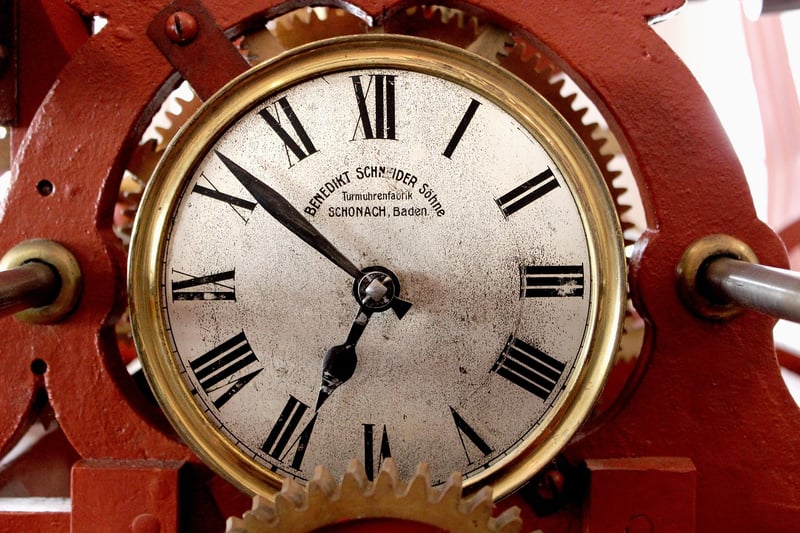Temporal Prime Directive
The Moral Implications of Time Travel and the Temporal Prime Directive
Time travel has long been a fascinating concept in science fiction, allowing characters to journey to the past or future, altering events and shaping destinies. However, with this incredible power comes great responsibility and moral implications that cannot be ignored. In the realm of time travel, one guiding principle often discussed is the Temporal Prime Directive.
Understanding the Temporal Prime Directive
The Temporal Prime Directive is a theoretical concept borrowed from the popular science fiction series Star Trek, particularly the Star Trek: Voyager series. It serves as a set of guidelines to govern time travel and interactions with different time periods to prevent unintended consequences and disruptions to the timeline.
According to the Temporal Prime Directive, time travelers must adhere to the following principles:
- Avoid altering the past in a way that could significantly impact the present or future.
- Minimize interactions with historical figures or events to preserve the natural flow of time.
- Prevent the spread of advanced technology or knowledge that could alter the course of history.
Moral Implications of Time Travel
Time travel raises various ethical dilemmas that prompt us to consider the consequences of our actions. Some of the key moral implications include:
- Butterfly Effect: Even small changes in the past can have significant and unpredictable consequences in the future, leading to a chain reaction of events.
- Interference with Free Will: Altering past events may deprive individuals of their choices and autonomy, raising questions about the ethics of playing "god."
- Temporal Colonialism: Introducing future knowledge or technology to the past can be seen as a form of cultural imperialism, undermining the natural development of societies.
- Paradoxes: Time travel paradoxes, such as the grandfather paradox or bootstrap paradox, challenge our understanding of cause and effect, posing philosophical conundrums.
Conclusion
Time travel is a concept that captivates our imagination and challenges our ethical boundaries. The Temporal Prime Directive, inspired by science fiction, reminds us of the importance of caution and respect when dealing with the fabric of time. As we ponder the possibilities and perils of time travel, we must also reflect on our duty to preserve the integrity of history and the sanctity of the timeline.
Image source: Time Travel Image

